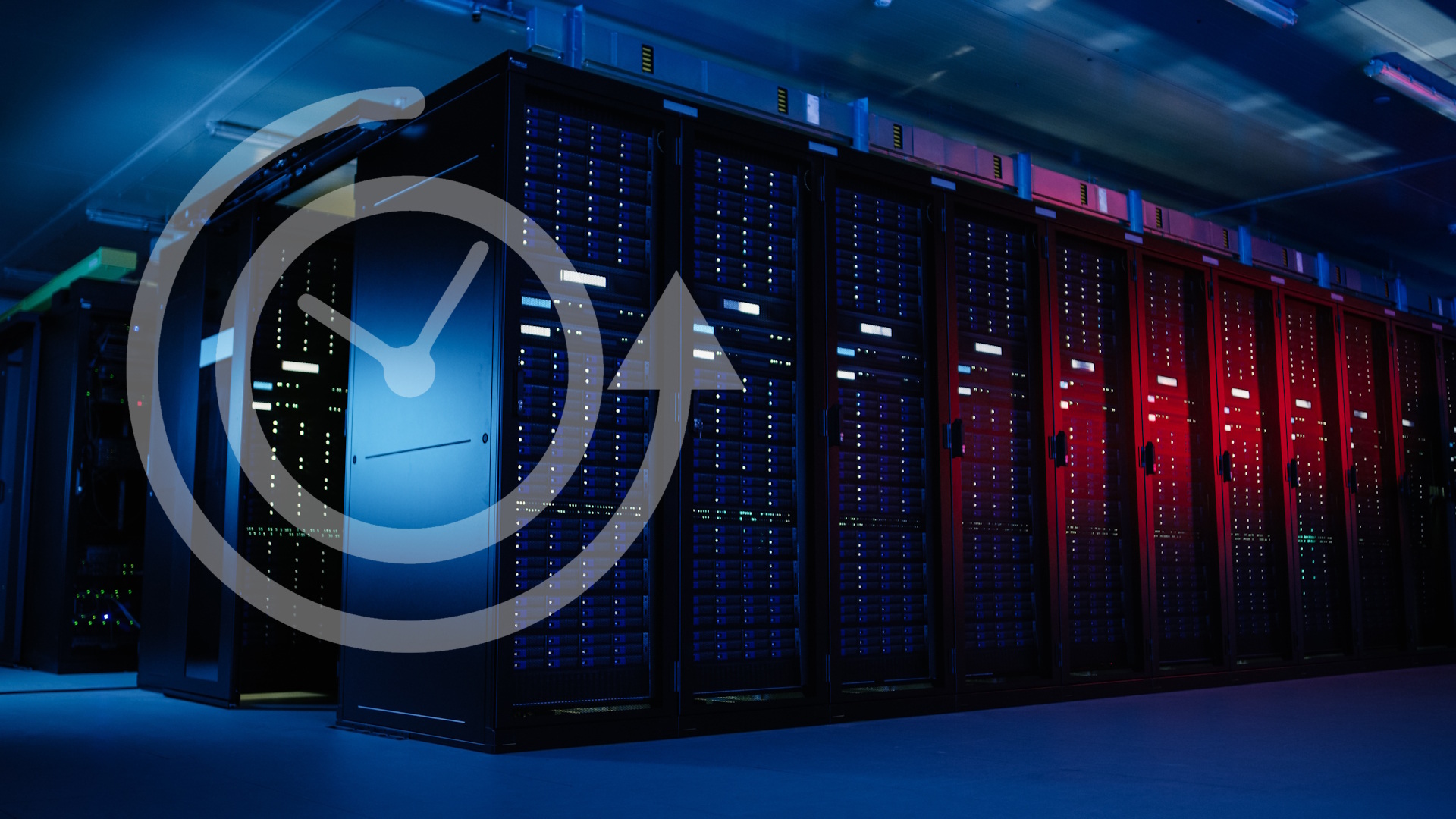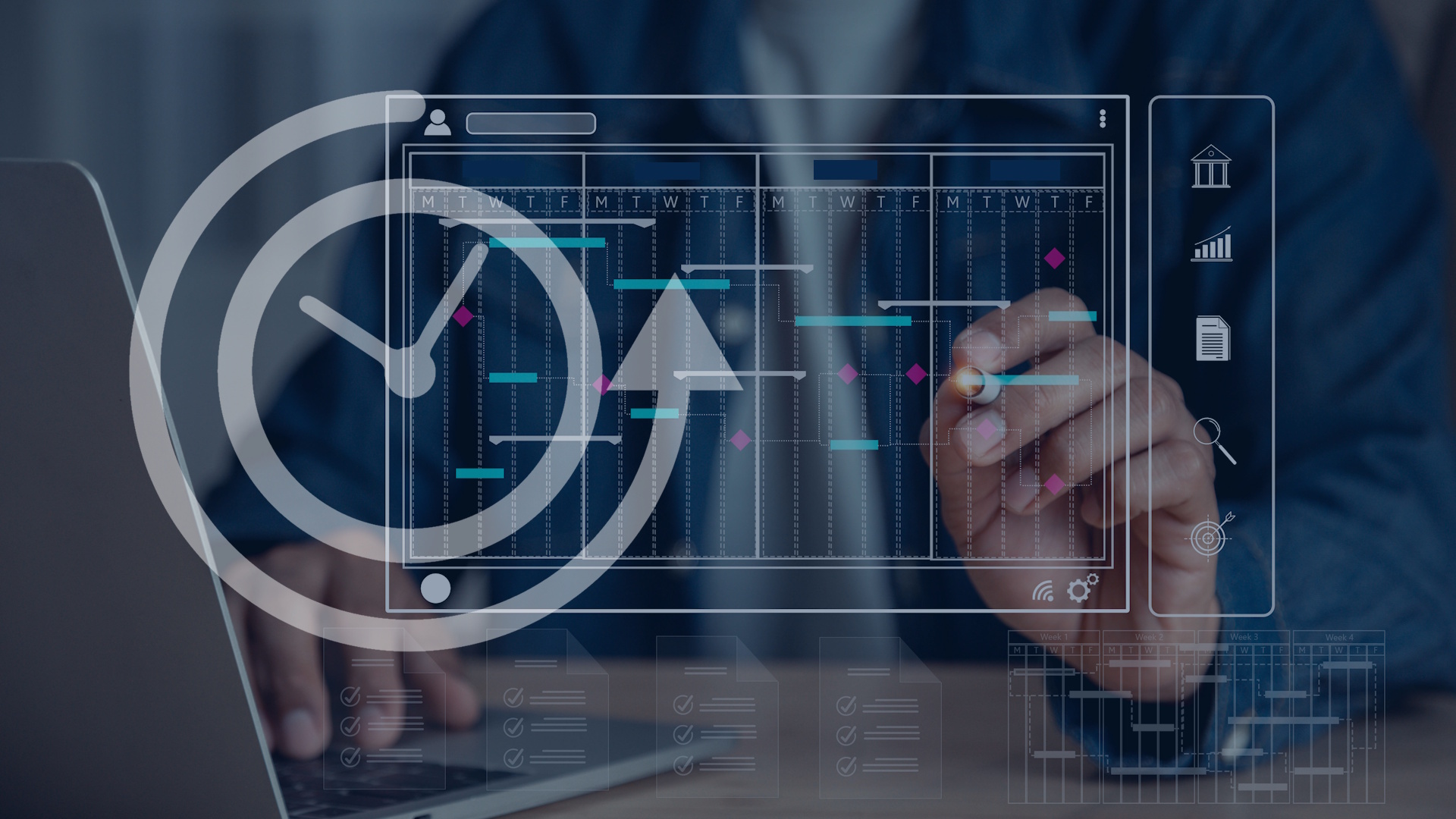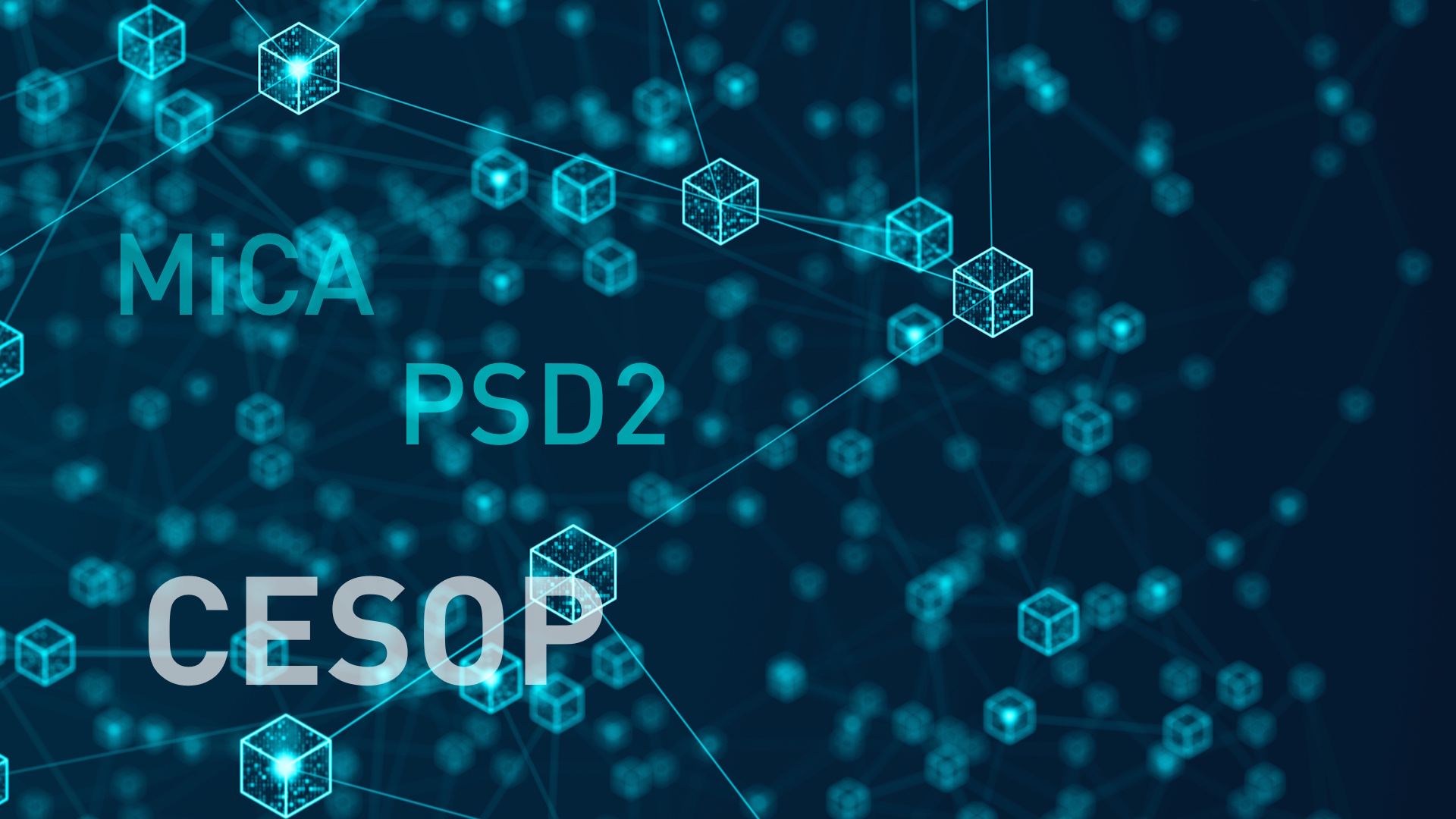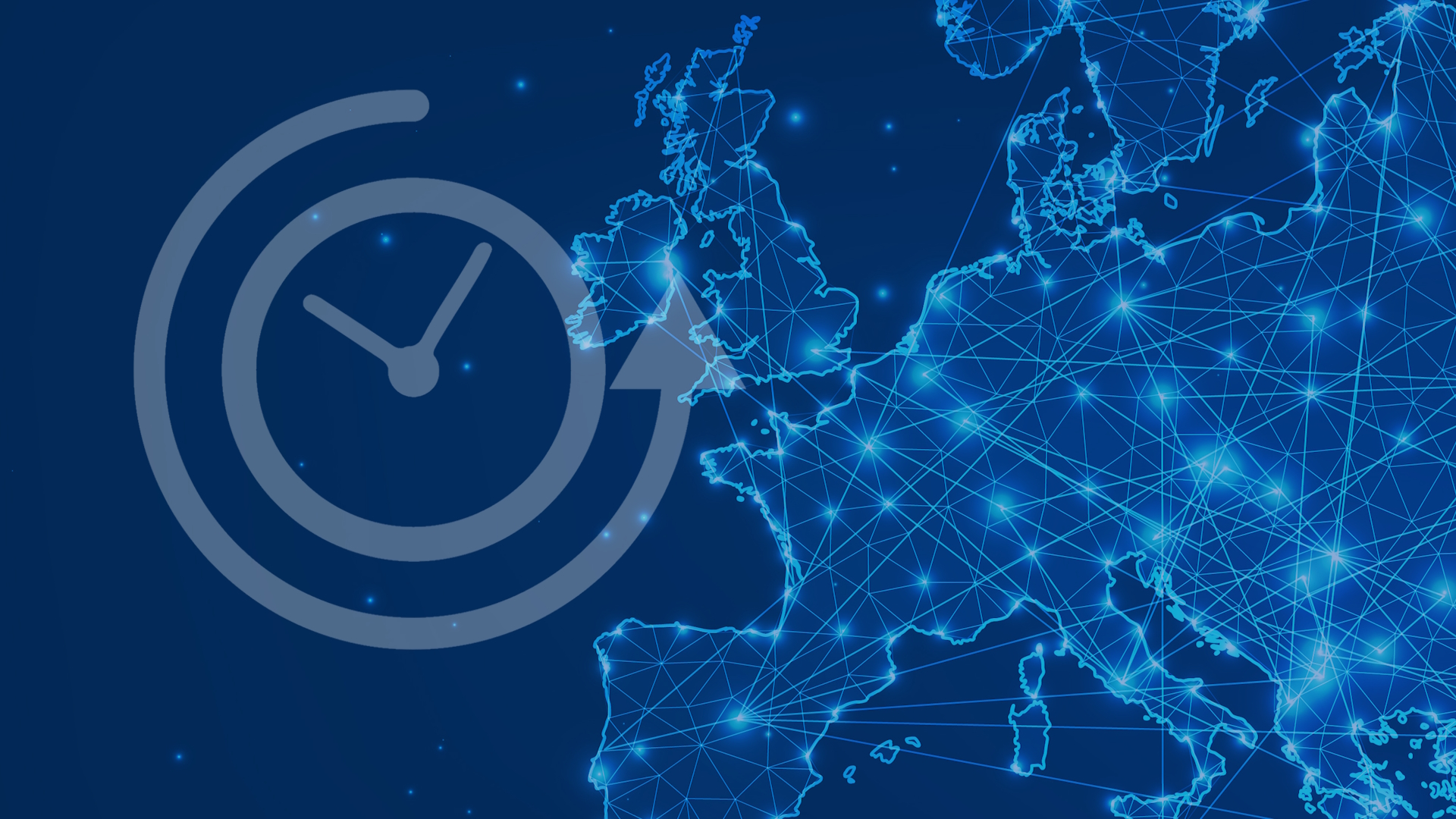By Cliff Jamba
In May 2020 Ripple announced that it has become part of the ISO 20022 Standards Body – a multi-part International Standard, set to replace SWIFTs current MT messages and aimed at a single standardised approach (methodology, process, repository) to be used by all financial standards initiatives. ISO 20022 creates a common language and model for payments data globally, aiming to provide high quality data and therefore high-quality payments in particular for cross border and high value payments. This makes Ripple the first company focused on distributed ledger technology to join the new global standard for modern payments.
Ripple over the past couple of years has been making some strides into the cross-border payments industry by leveraging off its distributed ledger technology solution, RippleNet. Distributed ledger technologies (DLT) are said to have the potential to reduce costs of transactions and also speed up the transaction processing because they remove the need for a central authority or middleman (like SWIFT). The migration to ISO 20022 by SWIFT aims to replicate this for its member institutions by ensuring standardised messages across the payments processing value chain.
According to Ripple, the world is converging on a new global standard — ISO 20022, the de facto global data standard for modern payments. Ripples ISO 20022 membership will allow customers to utilise RippleNet to access a network of global financial institutions and connect to one standardised API for all counterparty connections. By adhering to the ISO 20022 standard further validation is provided to show the potential of DLT in the world of traditional finance and payments as all financial institutions will by 2022 have to comply with the same payments standard/mandate.
Ripple vs Swift
The challenges in this current payment’s environment for banks/financial institutions, especially for cross-border payments is to cut costs, protect customer data and provide cost effective, fast payment services to their customers. This has often been quite difficult due to closed networks, unstructured data requiring lots of manual intervention during processing and thereby resulting in a poor (costly) payments experience. This is also driven by the fact that most SWIFT member institutions currently have Core Banking Infrastructures built on multiple legacy systems and managing/changing these to meet new payment standards is proving to be quite cumbersome and costly. Some of these institutions are having to build around their existing structures, either from scratch by building new core banking systems or by partnering with expert companies that already have infrastructures in place and provide easy integration overlays and processes via APIs or full software/platform outsourcing.
Ripples RippleNet platform already supports cross border payments, providing instant access to the money at a supposedly much lower cost – Ripple currently guarantees transaction settlements in as little as four seconds, costing a few cents to move money from one corner of the globe to another. Ripples value propositions for RippleNet and its ISO 20022 membership is that its customers will be able to:
- Help define the future direction of cross-border payments.
- Access a network of global financial institutions governed by rules and functional standards.
- Leverage software to enable fast, transparent and seamless cross-border payments.
- Connect to one standardised API for all counterparty connections.
- Simplify implementation and reduce operational overhead.
As transaction speed, security and cost-efficiency are the main pain points in the modern-day cross-border payments processing industry, one may argue that the utilisation of DLT companies such as Ripple currently may have a competitive edge as their technological innovation provides ease of integration and also takes care of the speed and cost components. The membership to ISO 20022 can only yield positive results for Ripple as this could also mean Ripple can now provide their RippleNet platform at a greater scale by conforming to the same standard that will be used by SWIFT and its member institutions – the institutions backend internal systems for example for Embargo/Sanctions, Disposition, Bookings, Fraud, Limits etc can now easily interface into RippleNet as the message standard and structure will be similar and based on ISO 20022.
Other factors of note: SWIFT dominance, regulatory and compliance requirements, opportunities in Open Banking
Ripples biggest challenge of penetrating the market that has always been dominated by SWIFT still exists and will continue to exist mainly due to SWIFTs strong membership and dominant position in the global processing of transactional messages for more than 40 years. This also speaks to the issue around the level of comfort/trust institutions have in the usage of Blockchain and DLT technologies in payments. The question whether or not the major financial institutions and corporates will consider Ripple as a viable alternative to SWIFT will pretty much come to the regulatory and compliance requirements that will apply for DLTs and Ripples membership to the ISO 20022 Standard is definitely a step to ensuring DLTs are seen as complying to global payment standards.
One other thing worth noting is payments are also becoming more of “what other added value can one get,” be it from the actual processing of transactions or from the data derived from processing transactions unlike the traditional forms of payments which were just a mechanism of moving money from point A to B. With Open Banking now coming into practice and also now being regulated globally, the importance of having platforms that can easily source financial information in a secure way has become more critical and also may play a significant role in determining how banks and other financial institutions develop their core banking infrastructures. The ease of integration (via standardised APIs) to open source platforms or ensuring that core banking systems do have open source capabilities will be vital to the future of payment processing/payment systems for the banks and financial institutions. Due to the fact that DLT is already decentralised and is a transparent way to keep records which are collaboratively produced and can be shared freely and published transparently, Ripples solution that now also encompasses the ability to process messages that meet the ISO 20022 standard, can soon prove to be a very attractive complete package to banks and financial institutions.
Note: We also provide information on the main topic ISO 20022 on our German language information page.











